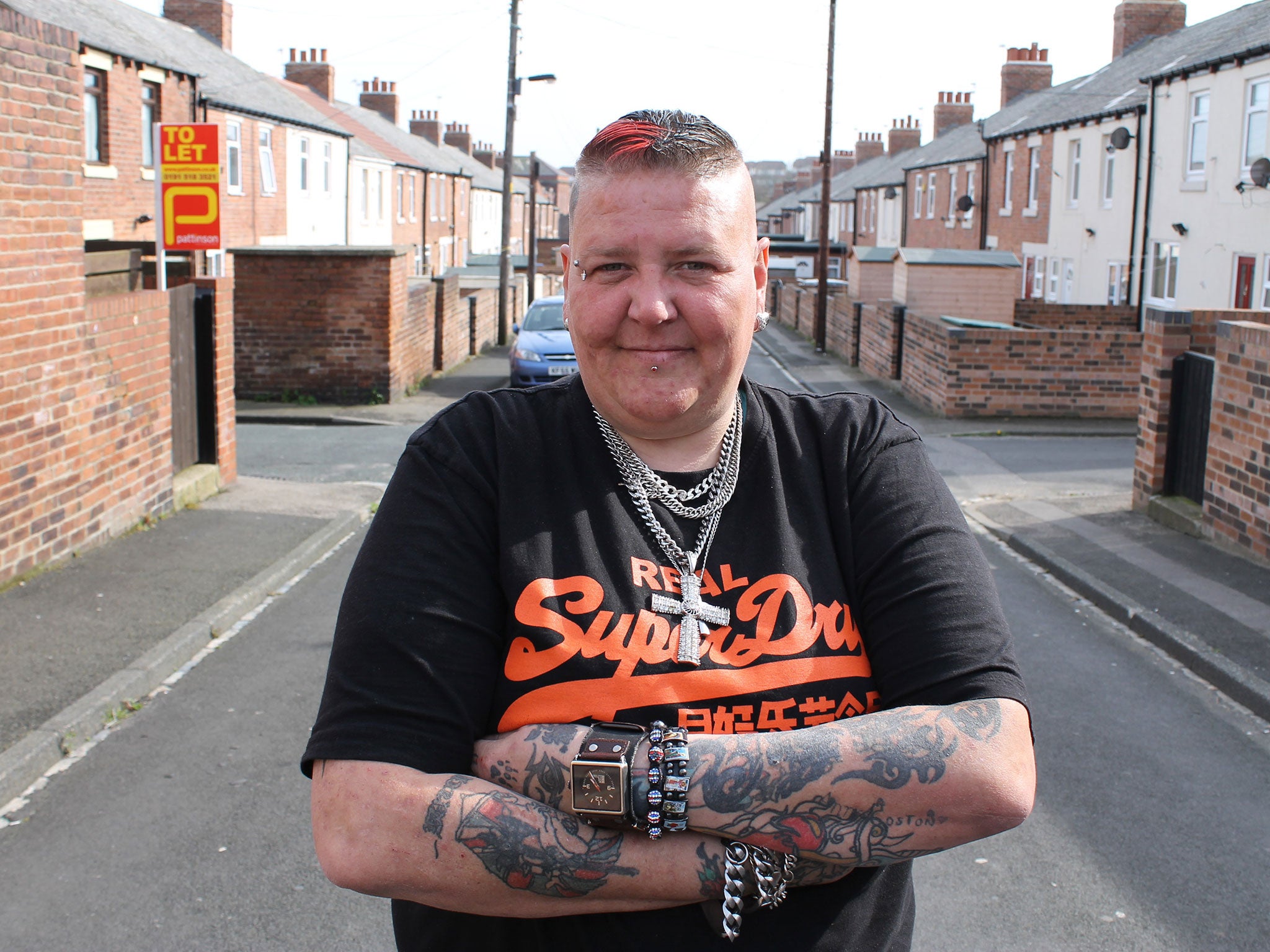Britain's Benefit Tenants, TV review: Insightful programme shows there's such a thing as society

Your support helps us to tell the story
From reproductive rights to climate change to Big Tech, The Independent is on the ground when the story is developing. Whether it's investigating the financials of Elon Musk's pro-Trump PAC or producing our latest documentary, 'The A Word', which shines a light on the American women fighting for reproductive rights, we know how important it is to parse out the facts from the messaging.
At such a critical moment in US history, we need reporters on the ground. Your donation allows us to keep sending journalists to speak to both sides of the story.
The Independent is trusted by Americans across the entire political spectrum. And unlike many other quality news outlets, we choose not to lock Americans out of our reporting and analysis with paywalls. We believe quality journalism should be available to everyone, paid for by those who can afford it.
Your support makes all the difference.Advice to documentary makers: if you want to be commissioned by Channel 4 or Channel 5, write a proposal with the word "Benefit" or "Immigration" in the title. The two broadcasters are currently in fierce competition to attract the sort of mass viewership that turned Channel 4's Benefits Street into a national conversation, and while that programme's makers are reportedly struggling to find claimants willing to appear in a second series, or in a proposed project set in Southampton entitled Immigration Street, there seems to be room for a new show on the subject; something along the lines of last night's Channel 4 film Britain's Benefit Tenants.
In the debate over whether these programmes constitute "poverty porn" or valid insights into overlooked corners of British society, Anouk Curry's film gave us a bit of both. The location here was Easington Colliery in County Durham, the former coal-mining town that was used as a location for the Billy Elliot movie but is now home to the fastest-growing letting agency in the North-east, Castledene Property Management, which specialises in renting to welfare recipients.
These are being increasingly shunned by private landlords since the "universal credit" system meant housing benefit being paid directly to the tenant. Some tenants, it seems, are suddenly finding more enjoyable things to spend the money on than the rent.
"You can get really good housing benefit tenants," assured Castledene's managing director John Paul, and although I'm sure he's right, we didn't get to meet any. Instead, we tagged along to doorstep Jodie, whose neighbour Karl claims she throws endless parties, as well as plant pots when he has the nerve to complain. Or Ruth, who doesn't look physically capable of causing the destruction she has wreaked on a once smart buy-to-let property, and Clare and Ben, a couple as deep in arrears as they are in rubbish.
Castledene's self-styled "chief trouble-shooter" Bev, not one to turn a drama into a crisis ("It's not what you'd call classically clean," she warned before entering a house in which dog faeces lay on the floor, and God knows what was splattered over the toilet pan), described herself as "fifty-fifty social worker and letting agent".
And what stopped Britain's Benefits Tenants from being simply a voyeuristic catalogue of desperation and squalor were the insights it gave into a dysfunctional system and the humane attitude of Bev and her colleagues, who appear to do their utmost to keep their tenants on the straight and narrow.
Join our commenting forum
Join thought-provoking conversations, follow other Independent readers and see their replies
Comments